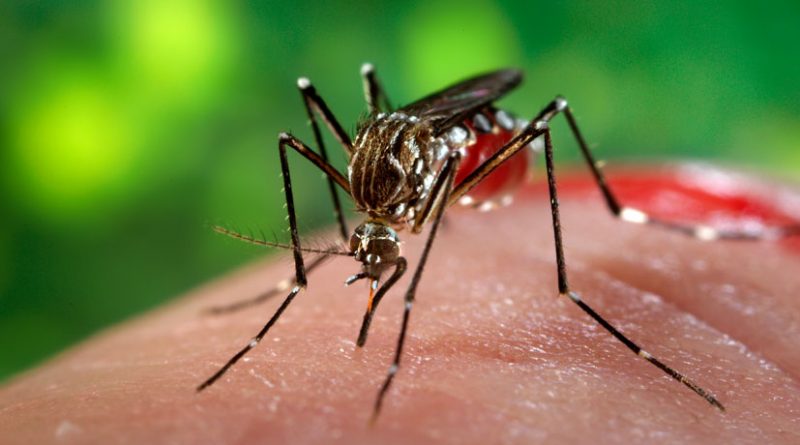Zika virus disease
Overview:
Zika (Zee-ka) virus disease is a mosquito-borne viral infection that primarily occurs in tropical and subtropical areas of the world. Most people infected with Zika virus have no signs and symptoms, while others report mild fever, rash and muscle pain. Other signs and symptoms may include headache, red eyes (conjunctivitis) and a general feeling of discomfort.
Zika virus infections during pregnancy have been linked to miscarriage and can cause microcephaly, a potentially fatal congenital brain condition. Zika virus also may cause other neurological disorders such as Guillain-Barre syndrome.
Researchers are working on a Zika virus vaccine. For now the best prevention is to prevent mosquito bites and reduce mosquito habitats.
Symptoms:
The mosquito that carries Zika virus is found worldwide.
Mild feverAs many as four out of five people infected with Zika virus have no signs or symptoms. When symptoms do occur, they usually begin two to seven days after being bitten by an infected mosquito. Signs and symptoms of Zika virus disease most commonly include:
- rash
- joint or muscle pain
Other signs and symptoms may include:
- headache
- red eyes (conjunctivitis)
Most people recover fully, with symptoms resolving in about a week.
Causes:
Zika virus is transmitted primarily through the bite of an infected Aedes species mosquito, which is found throughout the world. It was first identified in the Zika Valley in Africa in 1947, but outbreaks have since been reported in southeastern and southern Asia, the Pacific Islands and the Americas.
When a mosquito bites a person infected with a Zika virus, the virus enters the mosquito. When the infected mosquito then bites another person, the virus enters that person’s bloodstream.
Spread of the virus through sexual contact and blood transfusion have been reported.
Complications:
Zika virus infections during pregnancy have been linked to miscarriage and microcephaly, a potentially fatal congenital brain condition. Zika virus also may cause other neurological disorders such as Guillain-Barre syndrome.
Diagnosis:
Your doctor will likely ask about your medical and travel history. Be sure to describe international trips in detail, including the countries you and your sexual partner have visited and the dates, as well as any contact you may have had with mosquitoes.
Talk to your doctor about which tests for Zika virus — or similar diseases such as dengue or chikungunya viruses, which are spread by the same type of mosquitoes — are available in your area.
A pregnant woman with no symptoms of Zika virus infection with a history of recent travel to an area with active Zika virus transmission can be offered testing two to 12 weeks after her return.
Following positive, inconclusive or negative test results, care providers may:
- Perform an ultrasound to detect microcephaly or other abnormalities of the brain
- Offer to take a sample of amniotic fluid using a hollow needle inserted into the uterus (amniocentesis) to screen for Zika virus
Treatment:
No specific antiviral treatment for Zika virus disease exists. Treatment is aimed at relieving symptoms with rest, fluids and medications — such as acetaminophen (Tylenol, others) and ibuprofen (Advil, Motrin IB, others) — to relieve joint pain and fever.
No vaccine exists to prevent Zika virus.




